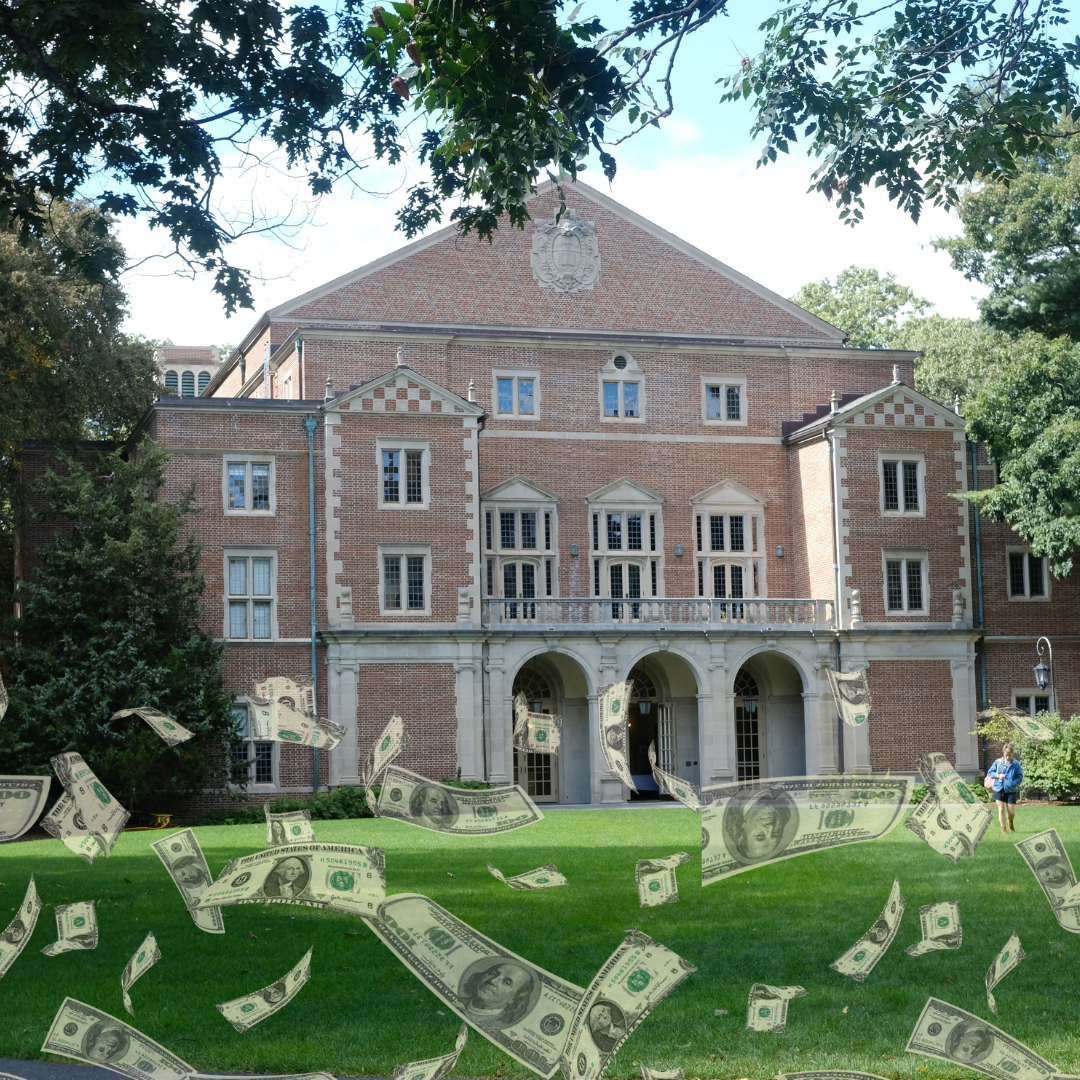Alabama legalizes same-sex marriage, but not without a fight
Same-sex couples in Alabama are finally able to get married, but only in certain parts of the state. While a federal court officially ruled same-sex marriage legal in Alabama, most counties still refused to issue marriage licenses to gay couples earlier this week. In January, a U.S. district court judge ruled that the state’s ban on same-sex marriage was unconstitutional. That decision was supposed to take effect on Monday, until Chief Justice Roy S. Moore of the Alabama Supreme Court ordered the state’s probate judges not to grant marriage licenses to gay couples. Since then, probate judges have used their own personal discretion in determining how to respond to the gay and lesbian couples who have lined up outside their courthouses hoping to be wed. The New York Times compared this week’s legal showdown to Alabama’s battles over desegregation in the 1960s. On Monday, the U.S. Supreme Court ruled to allow gay marriage to proceed in Alabama in accordance with the federal ruling. Many see the Supreme Court’s actions as the strongest signal yet that it will rule in June in favor of legalizing same-sex marriage nationally.
Climate change a big issue for Hispanics, poll says
A study conducted by The New York Times and independent researchers has found that Hispanics are more likely than whites to feel that climate change personally affects them. They were also more likely to support measures to curb global warming, like taxes and regulations on greenhouse gas emissions. The findings debunk the myth that climate change is mainly an issue important to affluent, white voters. One explanation is that Hispanics are more likely to live in neighborhoods with a high exposure to pollution, for instance, those next to highways or power plants. Alfredo Padilla, an insurance lawyer who grew up in Texas as a migrant farmworker, still remembers how much the weather affected the crop, and by extension his family’s livelihood. The findings could have a significant impact on the 2016 presidential race, in which both parties will vie for the Hispanic vote. However, Hispanic voters are still most likely to rate immigration, education and employment as their top policy issues.
President Obama worried Israeli Prime Minister’s upcoming speech will “sour” talks with Iran
The nuclear talks in Iran, which have been extended twice, are now approaching a critical late-March deadline. Both the Obama administration and the government in Tehran have said that they are opposed to prolonging the talks any further. President Obama has called on Congress to hold off on imposing additional sanctions on Iran in order to allow more time for negotiation. However, Israeli Prime Minister Benjamin Netanyahu and certain elements of U.S. Congress are pushing for an increase in sanctions before a deal is reached. In a move which has set the Obama administration on edge, Speaker of the House John Boehner invited Netanyahu to address Congress in early March, during which the Prime Minister is likely to criticize the talks in Iran. President Obama worries the speech will “sour the negotiations a month or two before they’re about to be completed.”
United States and Western allies may send lethal weapons to Ukraine
In order to prevent further escalation of the violence in Ukraine, German Chancellor Angela Merkel and French President Francois Hollande have organized another set of peace talks between Russia and Ukraine today in Minsk. However, if a diplomatic solution is not reached, the United States and its partners in Europe have said they will have to explore other options, which may include arming the Ukrainian army with lethal weapons. As the United States and its Western allies debate whether to send lethal military aid to Ukraine, differences seemed to emerge between the United States and Germany. While Obama is publically weighing the possibility of sending defensive arms, Merkel has vocally opposed such a course, saying that progress in Ukraine “cannot be achieved by more weapons.” Talks of sending lethal weapons emerged in the wake of a series of major Russian separatist gains in Ukraine. Economic sanctions have so far failed to prevent Russia from sending its own military aid to support the rebels.





